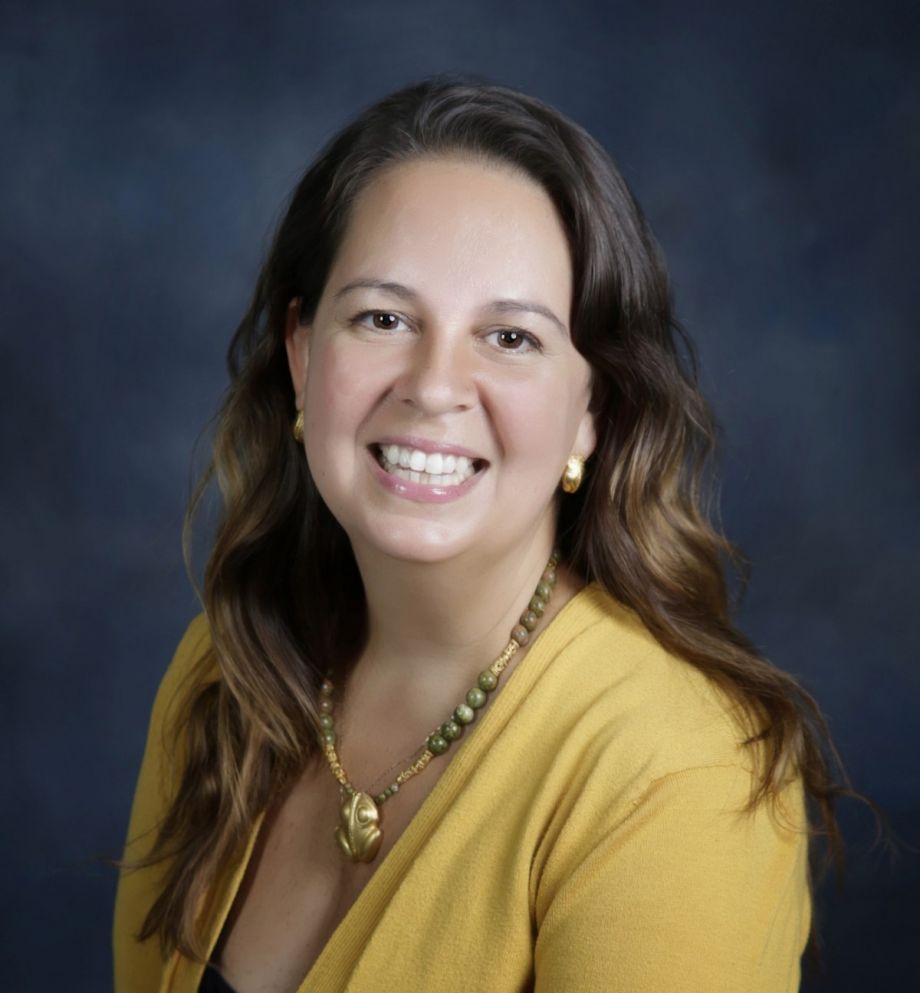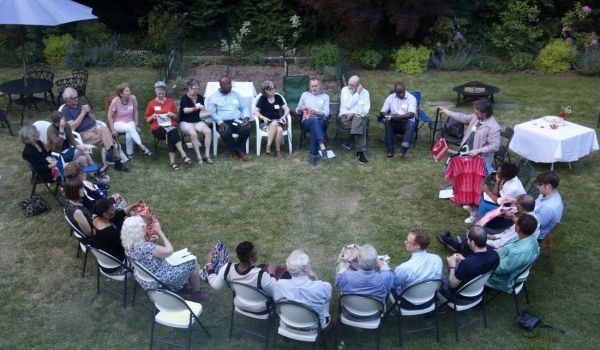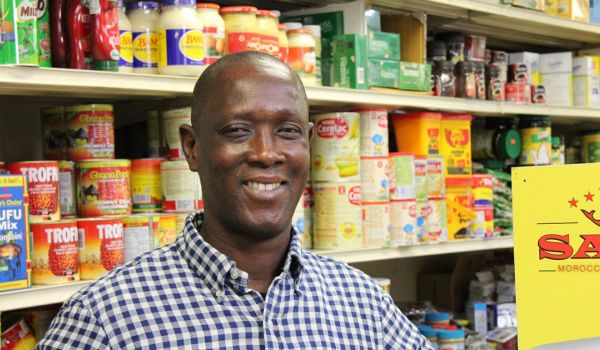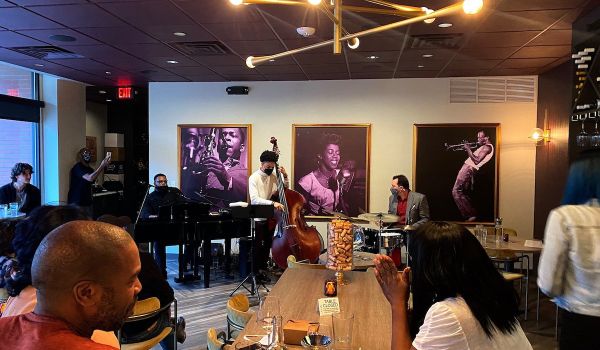Hispanic workers and small businesses received a good chunk of payroll payment protection loans from minority depository institutions and CDFIs (Community Development Financial Insitutions) at the height of the pandemic, but the financial need remains great. Increasing the small ranks of Latino-owned CDFIs would go a long way to funneling more loans into these underserved communities.
That is a top goal of Marla Bilonick, the recently named chair of the National CDFI Community Development Advisory Board, who has been pushing for increased accreditation of Latino-owned CDFI funds for many years. Appointed by President Joe Biden last September, Bilonick began serving her four-year term in December. She’s the first Latino to chair the board and only the second woman to hold the position since its inception in 1994. The 15-member board doesn’t make policy; they advise the director of the CDFI Fund in the best ways to get federal dollars into distressed communities across the nation.
Bilonick assumed her position as chair armed with more than 20 years of experience in economic and community development. In fact, she became chair of the board just months after being named president and CEO of the San Antonio-based National Association for Latino Community Asset Builders (NALCAB).
In a recent interview, Bilonick explains why it’s important for minority CDFIs to form alliances and what concerns her most about the future of the CDFI industry.
Why is being named the first Latino chair of the Advisory Board a significant position for you?
There are over 1,000 CDFIs, in my approximate count; there are probably around 100 Latino-led CDFIs. That doesn’t jibe with the populations that are being served with CDFIs. … I really want to increase access in terms of the leadership of CDFIs, the staffing, so that they’re representative of the communities they serve.
You said in the press release announcing your appointment that CDFIs “are more critical to our economy’s success than ever.” How so?
Communities, small businesses and homeowners are in this precarious (financial) spot because of the pandemic. This is a challenge that’s not easily addressed by the traditional banking sector. CDFIs have those close relationships with community members and are better positioned to serve the needs of those communities.
Must CDFIs funding sources get even more diverse?
There’s so much room for the general corporate population to become engaged with CDFIs. Entities like Google and Twitter are becoming engaged in this space, and I think there’s a role for any corporate entity that’s looking to connect into communities and looking to demonstrate their corporate social responsibility. We’d be wise to tap into that level of awareness and interest.
Do Latino-led CDFIs face any particular challenges?
Just getting certified has been a challenge for a lot of our [NALCAB] members. It’s a very specific process and if you haven’t been exposed to that it’s gonna be an uphill challenge. And typically, groups that have become certified successfully have done so in partnership with a consultant. But there’s a steep cost associated with working with these consultants. We’ve done a lot of work in the space of supporting member organizations by subsidizing consultants’ (cost) or providing our own advice and guidance on how to become certified.
What interesting trends are you seeing in the CDFI space?
One trend that I’m seeing is that there are these affinity groups emerging. For example, recently formed is the African American Alliance of CDFI CEOs (AAACC). We are forming a similar alliance of Latino-led CDFIs that will be called the National Alliance of CDFI Executives.
In those groups, what’s looking to be achieved is a banding together to access resources and to have a voice on the advisory side. I think that’s a positive. I also think there’s a real opportunity for these affinity groups to work together, and we’re exploring ways to work together with AAACC. There’s something to coming together and sharing experiences and also advocating for resources and policies to support the work that we do.
Anything that you’re not so excited about?
My one concern is with this big influx of investments. What comes up must come down and when that investment retreats, what will happen to the industry? There’s an opportunity to set up a bench of funding sources, whether that be corporate or impact investors or some other combination of money sources, to supplant what will inevitably retreat.

This story is part of our series, CDFI Futures, which explores the community development finance industry through the lenses of equity, public policy and inclusive community development. The series is generously supported by Partners for the Common Good. Sign up for PCG’s CapNexus newsletter at capnexus.org.
Christopher C. Williams is a New Jersey-based freelance financial writer. He worked for many years with Dow Jones Newswires and Barron’s Financial Weekly and has contributed to publications including the Wall Street Journal, The New York Times and Essence magazine. He focuses on the intersection of business, economic equity and racial justice.
















